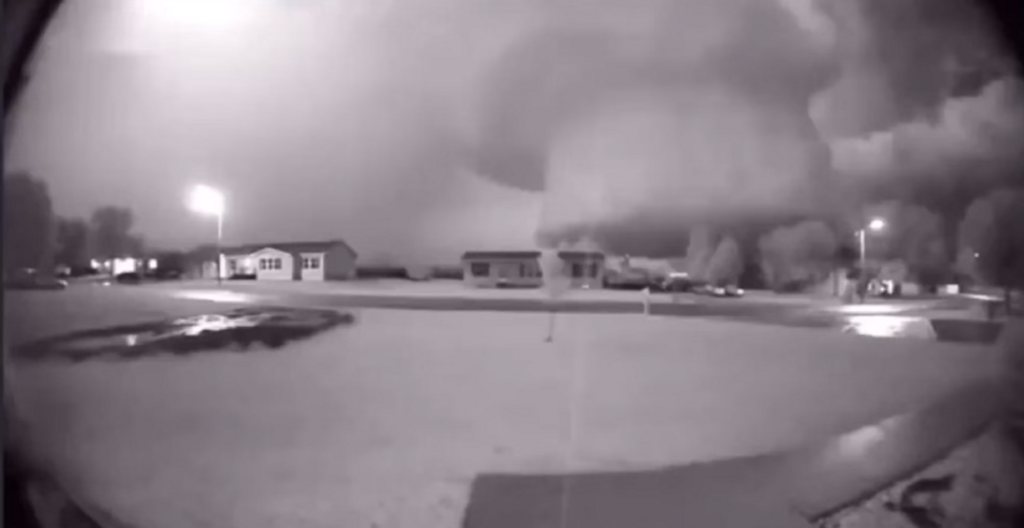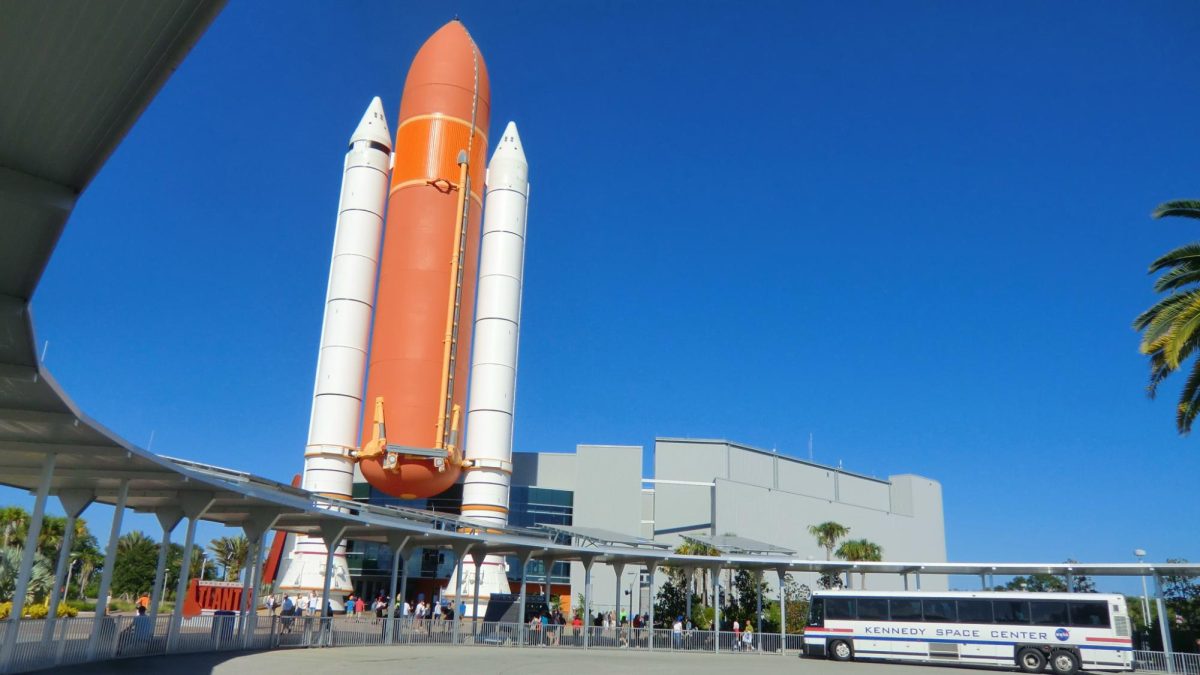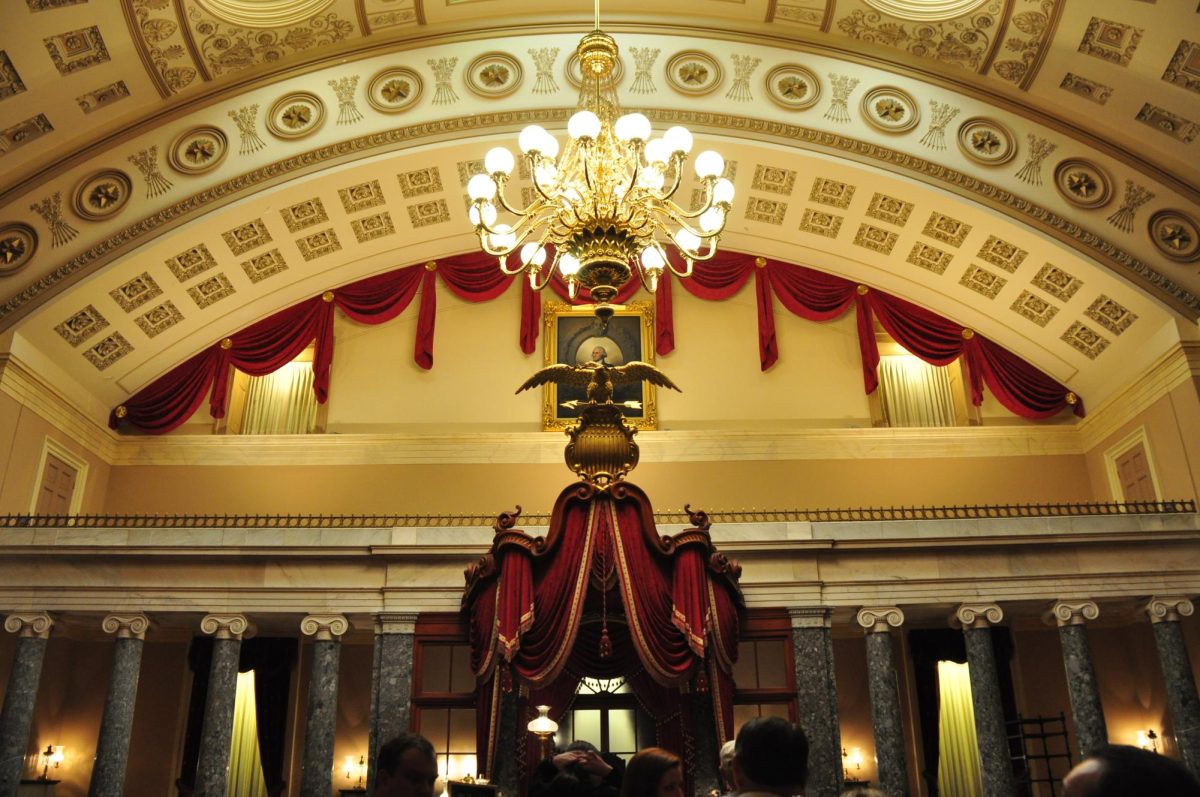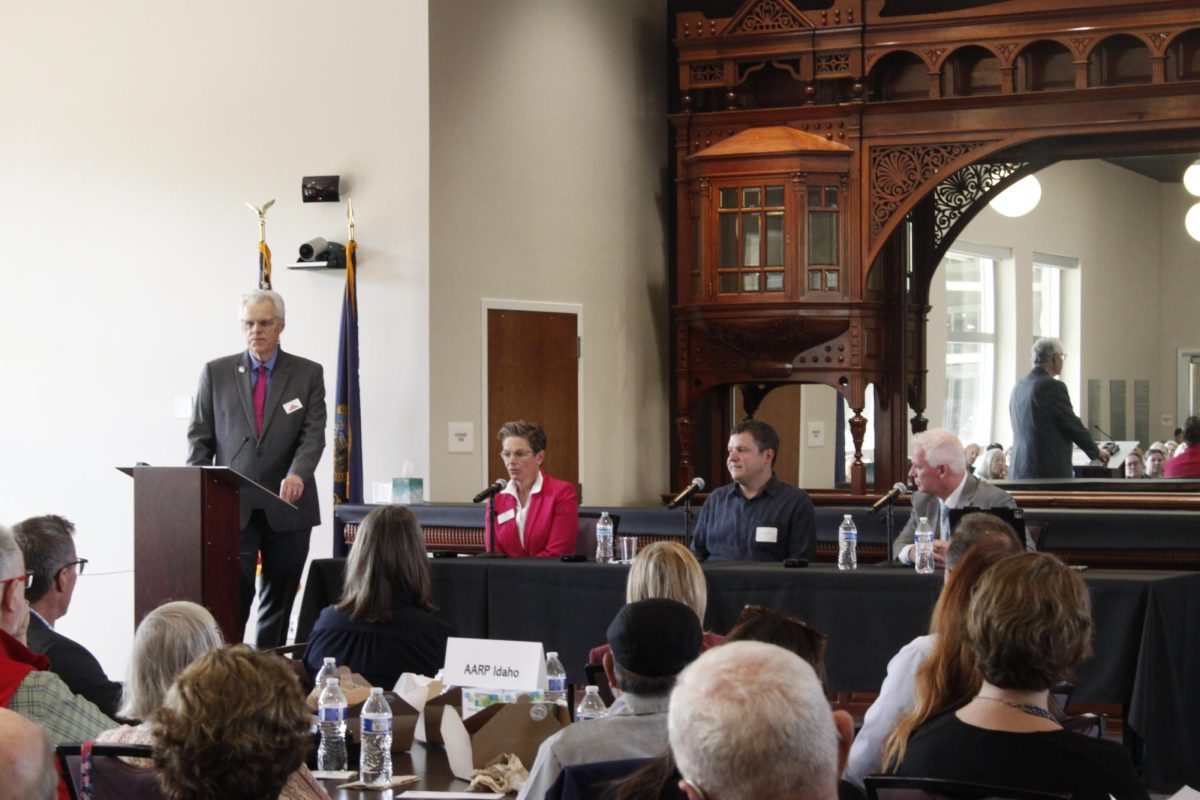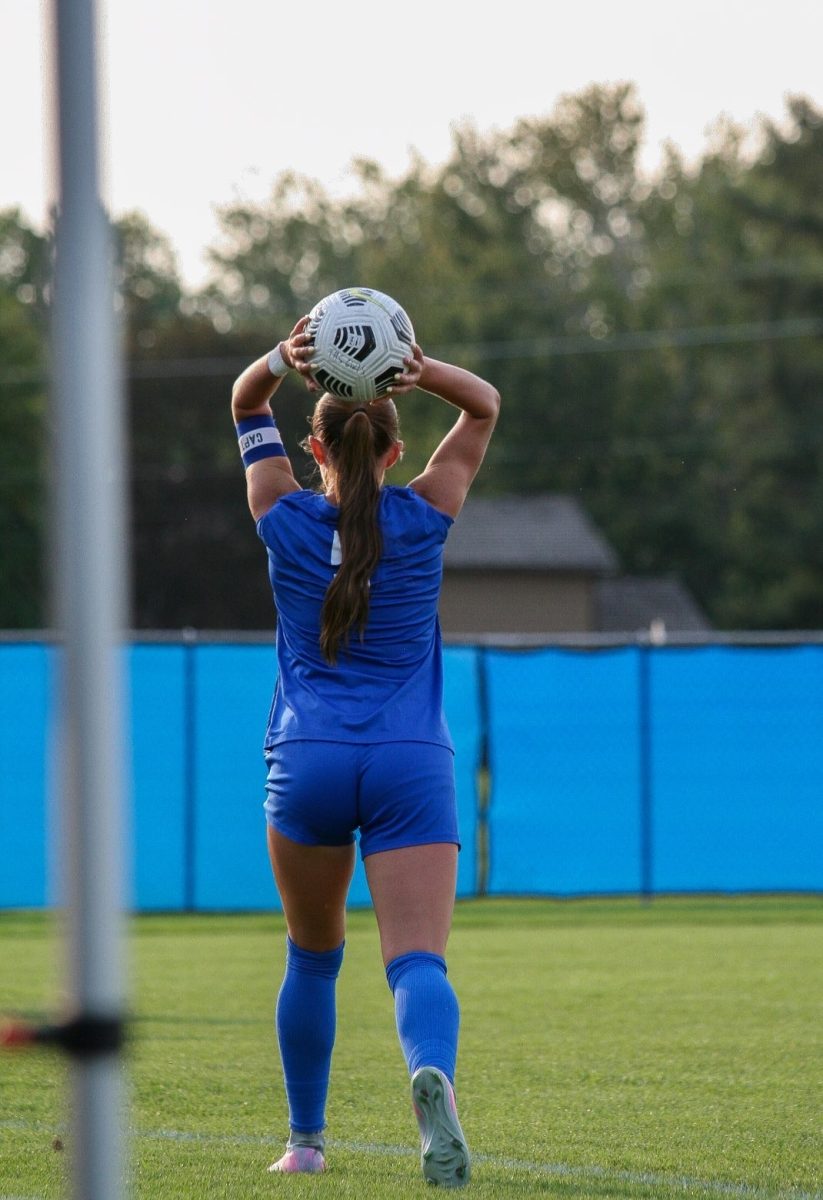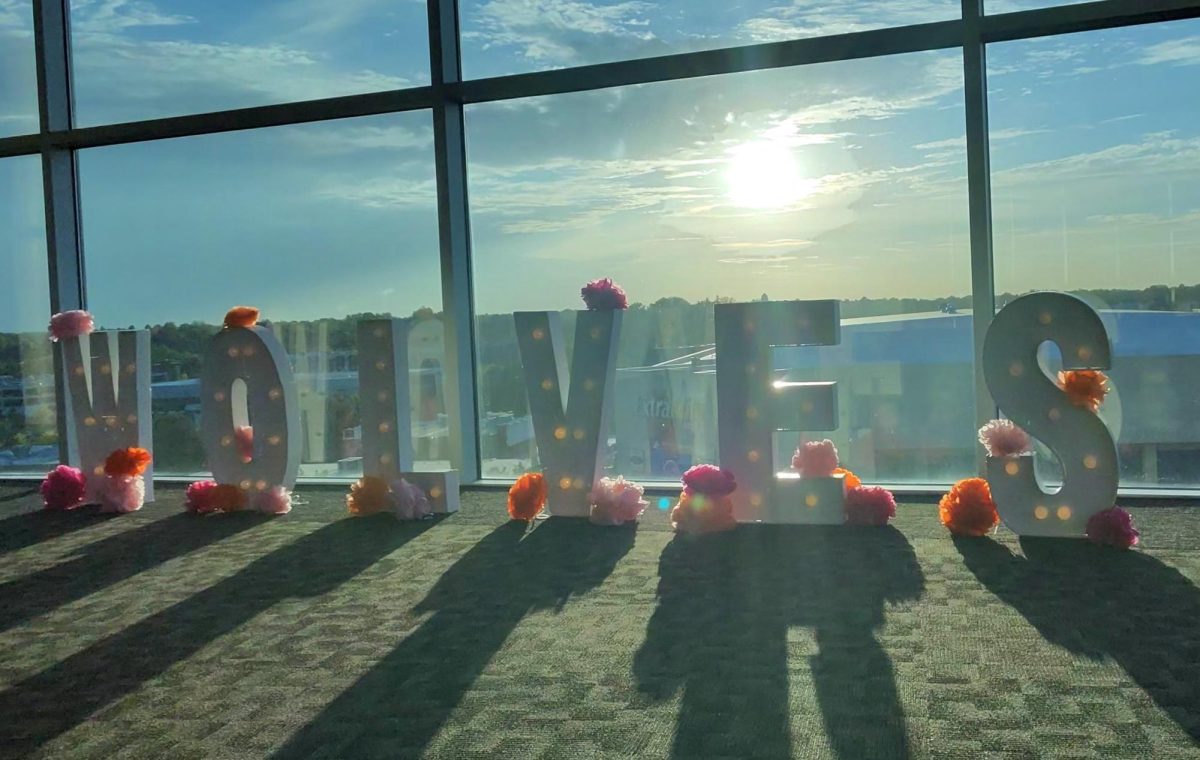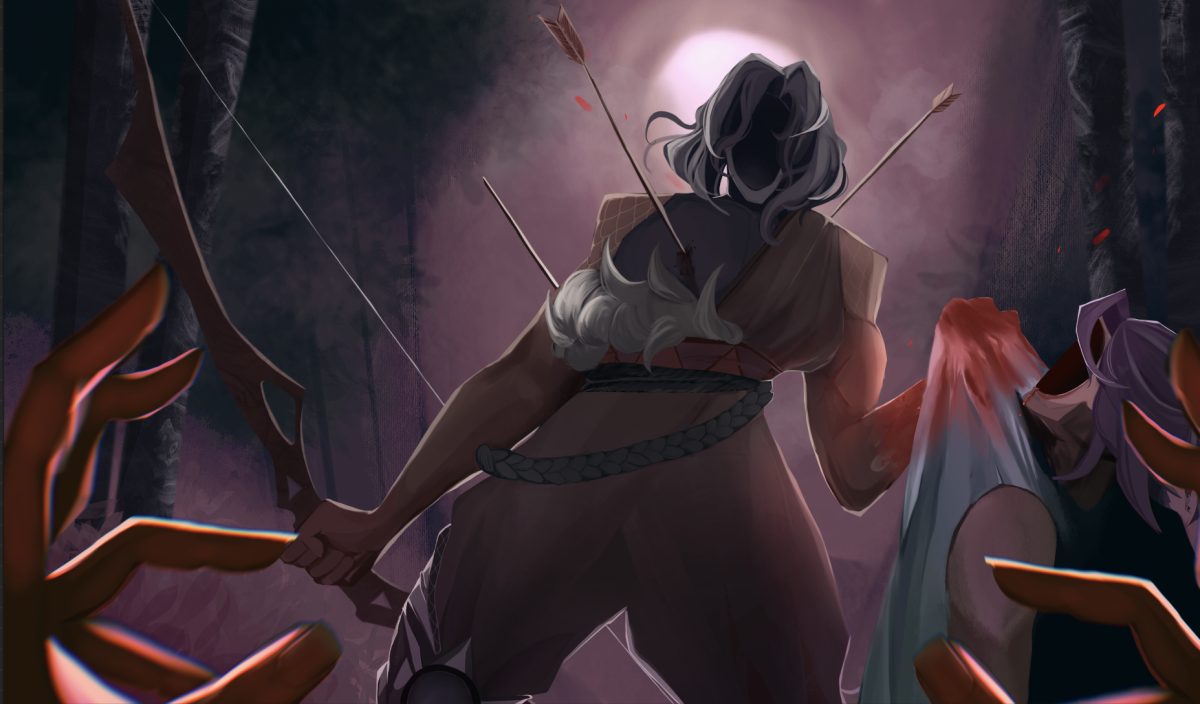Tensions between India and Canada have reached a new high as bilateral relations have deteriorated following allegations from Canadian Prime Minister Justin Trudeau. Prime Minister Trudeau has publicly accused the Indian government of involvement in the assassination of Sikh separatist leader Hardeep Singh Nijjar on Canadian soil. India has vehemently denied claims, dismissing them as unfounded and politically motivated.
The Canadian government expelled Indian diplomats from Ottawa, and the Indian government responded by expelling Canadian diplomats from New Delhi. The expulsion of diplomats from both nations has further strained bilateral relations. The affair has worried the international community as Canada and India typically have strong ties, particularly with immigration, a separate issue in Canada.
Prime Minister Trudeau announced in the Canadian parliament that there were “credible allegations” linking Indian officials to Nijjar’s murder, which took place outside a Sikh temple in British Columbia. Nijjar was a vocal supporter of an independent Sikh nation known as Khalistan, a controversial issue in India. The Indian government has viewed Khalistan supporters as a security threat.
The Indian government has called Trudeau’s accusations “absurd” and expelled a senior Canadian diplomat. Canada followed suit by expelling an Indian diplomat. Talks on trade between both countries have been paused indefinitely, raising concerns about economic impacts for both countries.
The diplomatic fallout has caught the attention of other global powers. Some worry this standoff could impact trade partnerships, especially with both countries being important to international trade and geopolitics.
This is a developing story and will continue to be updated.
